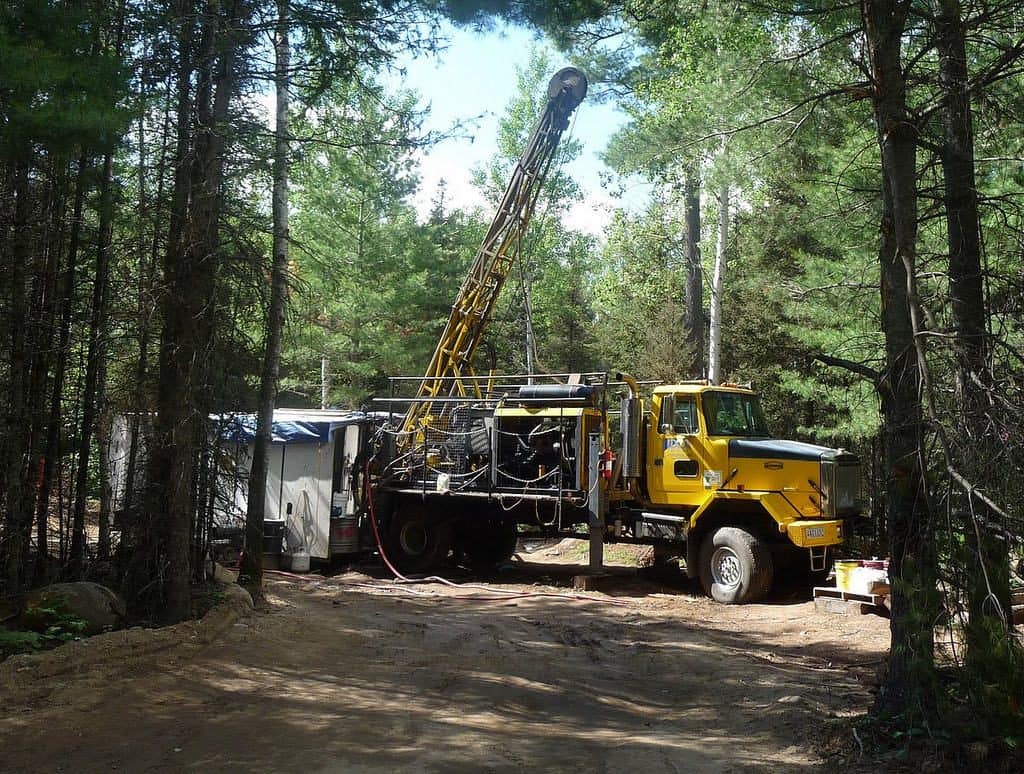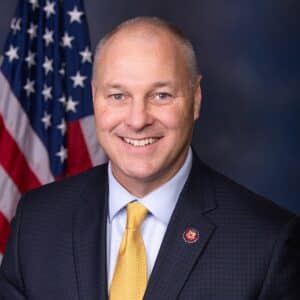
Under new legislation introduced this month, the federal government’s process to consider new mine proposals would be “streamlined.” The bill introduced by Rep. Pete Stauber, the Eighth District Republican who represents northeastern Minnesota, would primarily limit how long environmental review of mine proposals can last.
Stauber, a staunch supporter of mining companies, says the bill is needed to ensure mines are approved in a timely fashion.

“There is no justification to allow decades of litigation and permitting to get a legitimate mining project started. Let’s pass my commonsense legislation and get shovels in the ground while protecting our environment.”
The draft legislation Stauber shared would cap environmental review of mining projects at two years, limit legal challenges to one year, and require coordination among government agencies, tribes, and other stakeholders. Stauber says it would force one federal agency to take charge of every permitting project.
Mining exploration would also be affected. The legislation requires the Departments of Interior and Agriculture to approve any drilling or other exploratory activities on public lands as long as applications are complete.
The legislation likely has little hope of passing the House or Senate this year, with the legislative bodies and key committees controlled by Democrats. But the bill does give an indication of what might be on the agenda if Republicans take control of the House in the mid-term elections.
“Congressman Stauber has been a tireless advocate on these issues, using his firsthand experience with the Twin Metals mine in his district to showcase the growing need for these minerals,” said Rep. Bruce Westerman, Republican from Arizona and the highest ranking member of his party on the House Natural Resources Committee.
The legislation is supported by industry groups such as the National Mining Association, the American Exploration and Mining Association, and the Uranium Producers of America. Stauber told the Mesabi Tribune he had not shared it with unions and labor leaders, but they have long supported changes to permitting laws.
More information:
- Stauber Introduces Bill to Streamline Mine Permitting Process, Support Domestic Critical Mineral Supply Chains – Rep. Pete Stauber
- Permitting for Mining Needs Act of 2022 – U.S. House of Representatives (PDF)
- Stauber rolls out mining permitting legislation – Mesabi Tribune

